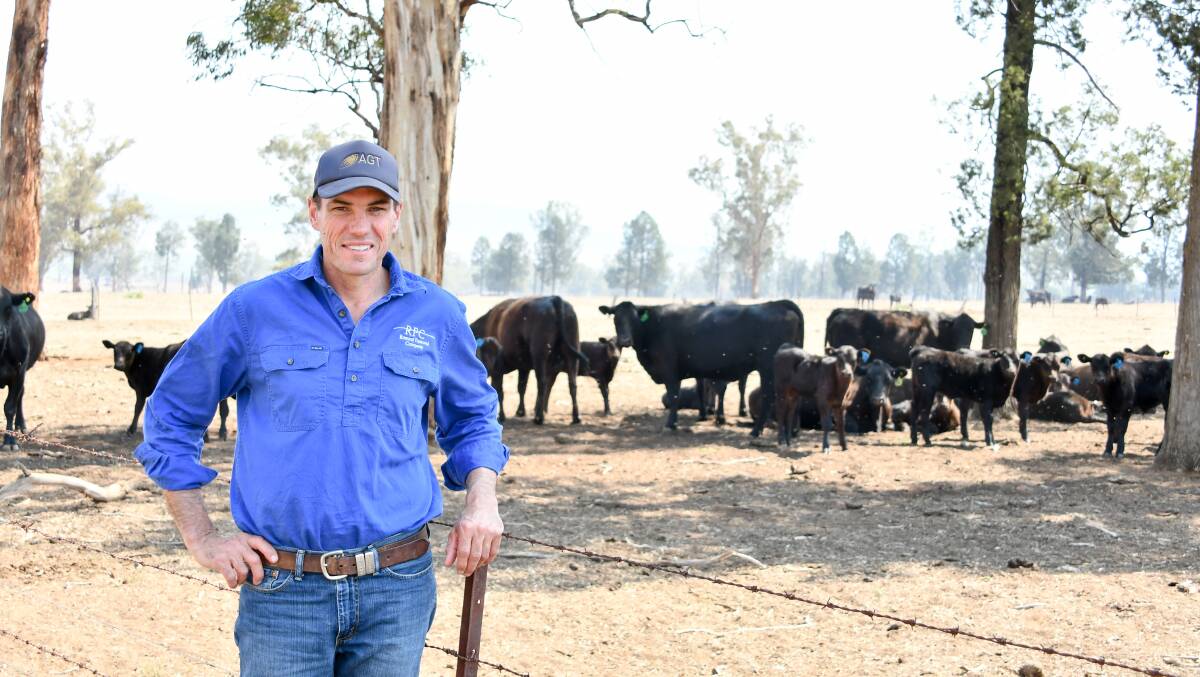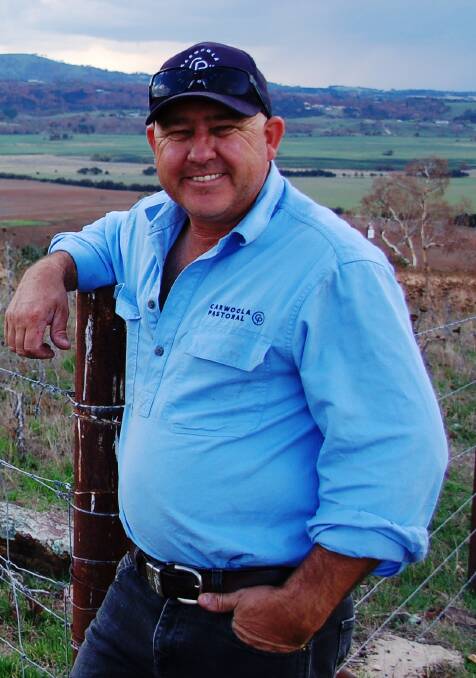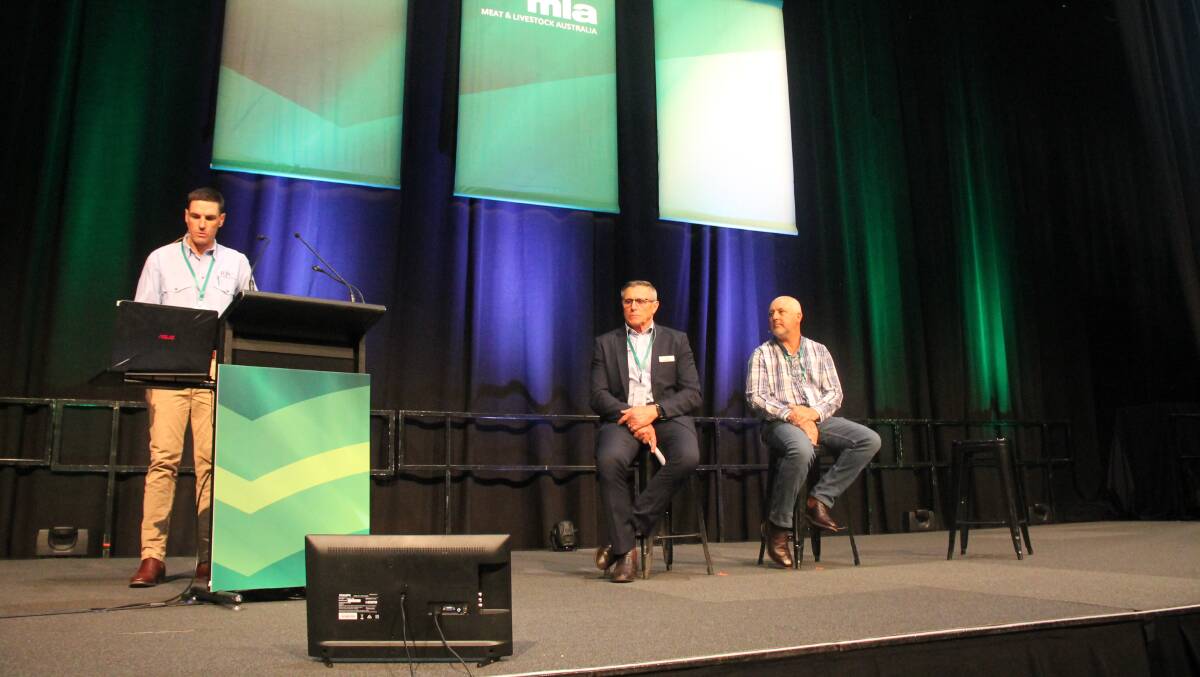
Livestock producers have been told that a trial of digital technology for livestock management is showing some cost saving positives.
Subscribe now for unlimited access to all our agricultural news
across the nation
or signup to continue reading
Meat & Livestock Australia's Digital Livestock 4.0 project has been trialled for the past year by the Carwoola Pastoral Company in southern NSW.
The operation comprises 16,000 hectares over four properties in the Canberra and Yass region, and runs a 900 head self replacing Angus herd and 13,000 sheep.
Speaking at Red Meat 2019 in Tamworth, Carwoola's general manager Darren Price said when they were approached by MLA the task set was simple.
"Separating the hype from the happening was the role of the trial," he said.
"Some of these things that I first heard about 30 years ago continually come up and are presented as being ready, and commercial,
"The theme was separating what we've seen in the media as hype, to what's really available."
Carwoola has ended up with around 400 individual devices which includes around 200 cattle tags for tracking livestock.
Other devices include water monitors ranging from rain and trough gauges to weather stations.
Satellite imagery is also being used to assess pastures across the properties to help with decisions on stocking and movements, and some drone technology has been trialed as well.

Consumers still the focus
MLA's program manager for digital agriculture Darryl Heidke, told the conference while the project's looking at on farm technical solutions, it's driven by the demand from consumers to know more about the products they purchase.
"Consumers are demanding more information on how and where the product is produced," he said.
"Consumers who are paying more for the product want transparency, not only on farm but all the way through the supply chain."
Mr Price said when they started putting the technology in place it quickly became clear it wouldn't be as simple as first thought.
Read more:
"You just can't install a sensor, and away it goes," he said.
"You're going to need communication towers and there's a monthly or annual device fee. It's not like going and picking it up off the shelf."
But using it for monitoring water supplies has already paid off.
"Typically a regular water run travelling about 14 kilometres takes me about an hour and in summer we're doing that seven days a week," Mr Price said.
"Annually that's about 180 days, and I've worked out the cost to the business is around $20,000.
"I've been able to reduce the need to go to these troughs so regularly, by 70 per cent.
"We still do physical checks, but it gives me a really good early warning system."
The digital trial has has also given Mr Price the ability to track bulls during joining and the movements of the herd.
Also soil probes are being used to make irrigation decisions.

"We wanted to get greater accuracy in scheduling irrigation," he said.
"It's expensive and we want to do it the best way possible."
The project is also being implemented on Windy Station near Quirindi in northern NSW.
Owned by the Romani Pastoral Company it comprises 25,000 hectares run over two blocks 15 kilometres apart.
For many years it operated a 3000-head feedlot supplying cattle to Woolworths, but a change in management direction means it has been shut and the focus is on cattle production and cropping, with the aim to eventually have a 4500 strong breeding herd.
The manager of Windy Station, David Lee, told the conference when they were approached about joining the digital program they were already looking at what technology could be used to cut costs and assist with the properties efficient operation.
"What we had was a list of problems and we wanted to find solutions," he said..
"We didn't want to go the other way of someone coming to us with a solution that needed a problem that needed matching up to."
The solutions being implemented include water monitoring as well as pasture and weather monitoring.
Satellite technology for monitoring pasture is being implemented and GPS tracking is already being used to track bulls.
But there are some technologies which Mr Lee said, at this stage, aren't being considered.
"Mostly in the case that there wasn't something which we could see at this stage, gave a return on assets."
For that reason not being implemented is virtual fencing and security cameras while they will continually to physically manage their cows over calving.
Reaping the benefits
Nearly a year in, Carwoola's Manager Darren Price said they're seeing a benefit from embracing technology.
"There is a return on investment available from using this gear," he said.
"I think once you're in there and tried it and seen the returns, I don't see anyone going backwards."


